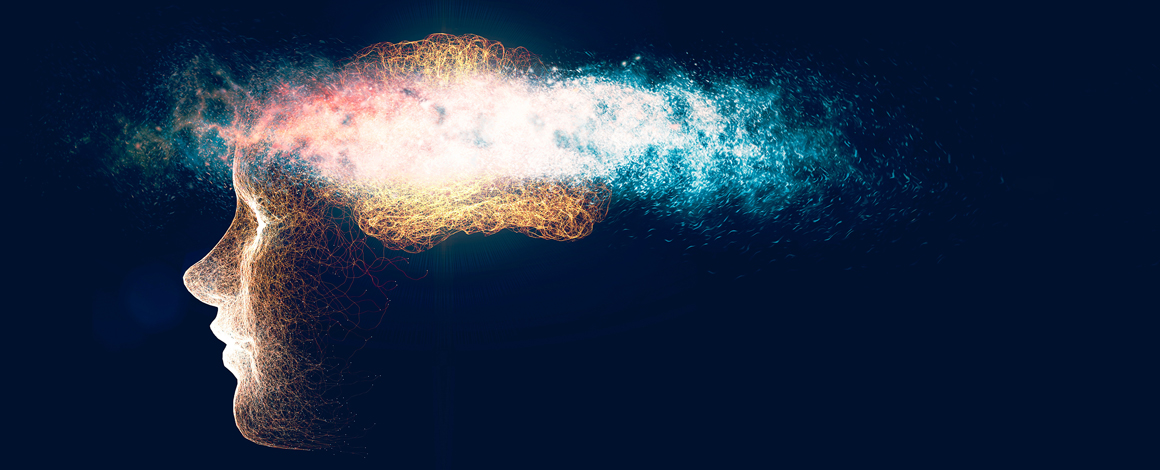Stroke remains among the leading causes of death and disability throughout the world. Up to 45% of patients with stroke do not expect to recover independence. Alternate treatments for acute ischemic stroke are needed, particularly for those cases lacking eligibility for thrombectomy or thrombolysis.
This study was done to evaluate the influence of oral acetyl-L-carnitine (ALC) in patients with acute ischemic stroke. It was a single-center location, double-blind, randomized placebo-controlled pilot clinical trial with a 12-week follow-up. There were 69 patients randomly assigned placebo or treatment. Treatment was 1000 mg acetyl-L-carnitine three times a day for three days.
Findings were based on assessing patient function via the modified Rankin Scale (mRS) and National Institutes of Health Stroke Scale (NIHSS) score from baseline to day 90, as well as the change in serum levels of the inflammatory and oxidative stress biomarkers over the three-day treatment protocol.
The proposed mechanism for cell damage following ischemia is oxidative stress and inflammation. With limited antioxidant defense in the brain, cellular generation of free radical, specifically reactive oxygen species (ROS), leads to brain damage. Then oxidative stress indirectly stimulates proinflammatory cytokines like tumor necrosis factor-α (TNF-α), interferon-γ, interleukin-1 (IL-1), and IL-6 by leukocytes. Neuroinflammation occurs after stroke to attempt brain recovery and repair by releasing various proinflammatory mediators, like chemokines, cytokines, matrix metalloproteinases (MMPs), and cell adhesion molecules (CAMs) immediately after the onset of ischemia through direct and indirect mechanisms, which can aggravate neuronal damage and death.
L-carnitine transports long-chain fatty acids from the cell cytoplasm to the mitochondrial matrix, where β-oxidation of fatty acids and adenosine triphosphate (ATP) production happens. Acetyl-L-carnitine (ALC) is available at relatively high levels in the brain. Carnitine has evidence to improve energy status of the brain and has a neuroprotective effect in the brain, protecting the brain from excitotoxicity and neuromodulatory effects, antioxidant and anti-inflammatory activity, and membrane-modifying effects.
In summary, the acetyl-L-carnitine group scored better when assessing patient function using the modified Rankin Scale (mRS) and National Institutes of Health Stroke Scale (NIHSS) score, and supplementation caused a significant decline in the serum levels of TNF-α, ICAM-1, IL-6, and NSE and a significant increase in the serum level of superoxide dismutase (SOD), TAC, GPx, and total L-carnitine in the subjects with acute ischemic stroke compared to the placebo treatment. These results showed acetyl-L-carnitine had a therapeutic benefit to those who suffered acute ischemic stroke.
Reference:
Mehrdokht Mazdeh, Parnaz Abolfathi, Maryam Sabetghadam, Younes Mohammadi, Maryam Mehrpooya, “Clinical Evidence of Acetyl-L-Carnitine Efficacy in the Treatment of Acute Ischemic Stroke: A Pilot Clinical Trial”, Oxidative Medicine and Cellular Longevity, vol. 2022, Article ID 2493053, 14 pages, 2022. https://doi.org/10.1155/2022/2493053


